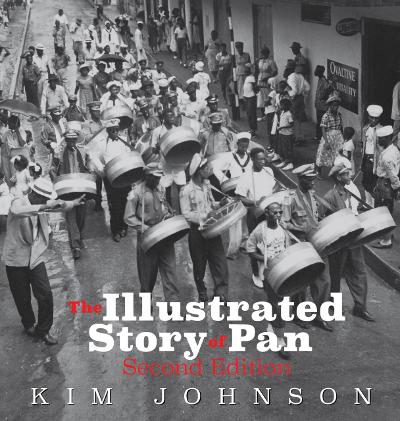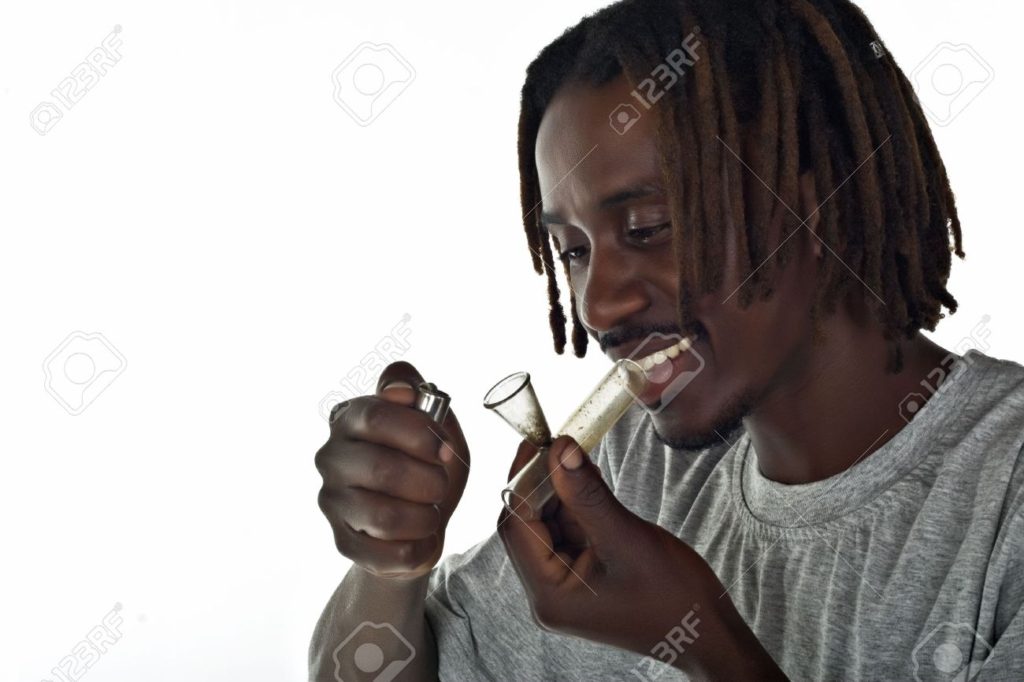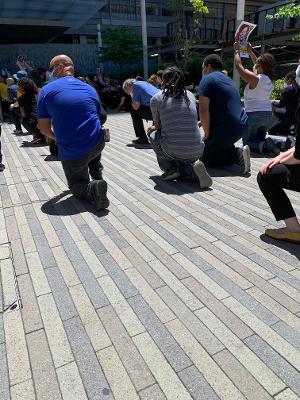|
Getting your Trinity Audio player ready...
|
Reading Time 5 mins
July 28, 2020
“One good thing about music, when it hits (you feel no pain).” Bob Marley, “Trench Town Rock.”
“All that happens to us, including our humiliations, our misfortunes, our embarrassments, all is given to us as raw material, as clay, so that we may shape our art.” Jorge Borges
Though the town where I reside was one of the first in New Jersey to ask residents to self-quarantine–at my wife’s behest–I ventured out fortnightly to deliver groceries and pick up dirty linen from our two adult offspring. They live in Brooklyn and Harlem, where Covid-19 was wreaking havoc among Blacks. Both were working from home, so we figured not dealing with the laundromat and facing grocery “lines [that] wrap around the entire block” would be an additional cordon sanitaire.
Driving through Williamsburg in Brooklyn, a predominantly Jewish area, and observing the relative lack of social distancing made me reflect on my actions’ rashness. Still, I considered my chore an essential service. In mid-March, when I attempted to do our traditional greeting at my first delivery, I could see the pain in my son’s masked face as he pulled back and offered one of his feet for a shoe bump! It was as if he were telling me that we should act as if living during the 14thC Black Death: “Fathers did not visit their sons, nor sons their fathers.”
Subsequently, I became the impersonal delivery boy. I sat in the car: opened the trunk; son and daughter removed packages; put in or took out linen; waved from a safe distance. Sometimes, I wondered if my actions weren’t driven by a desire to escape for three hours-plus from being a caged bird at home than by altruism.
Driving on the near-empty highways, I noticed the speeding cars. The emergency room was the last place anyone should want to end up during the pandemic, so I was as cautious as possible. Still, on June 15, I ended up at New York University Hospital, and my stay there led to these reflections.
Music Therapy

I realized how central music was to me. As Kim Johnson notes in The Illustrated Story of Pan, “The operative principle underlying the music Africans brought to the New World is that it must help people live” and heal. He continues: “music must strengthen the bonds between people because only with and through others do we become fully human.”
This sense came into full view when I received “Why Bob Marley Music Sales Surged in Pandemic & Racial Unrest, ‘Legend’ Album Back at No. 1” from a colleague on June 23. Before receiving the article, my daily wake-up mantra was Bob Marley’s “Three Little Birds,” followed by Michael Boothman’s “Saying it With Music” and “Song For My Soul” from his stunning but hugely uncelebrated album “Heaven.”
This revelation only came to me when I faced extreme pain and discomfort. But then, I remembered G. W. Allport quoted in holocaust survivor Viktor Frankl’s Man’s Search for Meaning, “‘What alone remains is the last human freedoms’– the ability to choose one’s attitude in a given set of circumstances.” So that’s what I did; engaged in the rich, expansive tradition of African-derived music to temper my pain, especially after remembering a friend telling me of the kaiso therapy in his mother’s similar experience. I recalled my long Southern trips in the 1980s and 1990s when calypso and reggae transported me emotionally while the car did so physically.
On Father’s Day (June 21), a friend sent me “Song for My Father,” which could not have been more uplifting. It reconnected me deeply with my father: A grassroots philosopher and humorist who provided my cultural and moral education though not completing high school. For instance, as a seven-year-old, I didn’t understand how cricket was played in Australia when nighttime in Trinidad. In response, my father used a worn world map and provided my first geography lesson about latitude, longitude, time zones, and Greenwich Meantime!
He also introduced me to the university concept early on via a bulletin from the University of New Brunswick, hoping that perhaps one of his five children would attend university. Indeed, my father’s eldest son visited the university campus to honor our father’s vision.
Out Of Breath

In the hospital, every day, when I took the nebulizer, which sprayed a mist into my lungs, I reimagined it as a chillum pipe. As such, I transported myself–away from the posh private room, with its stunning view of the East River and its 65-inch T.V., which I didn’t engage with–to the hills of Jamaica for a reasoning session by listening to Peter Tosh’s “Legalize It.” Not surprisingly, its refrain, “Singers smoke it/Doctors smoke it/Nurses smoke it/Judges smoke it,” resonates still.
Sometimes when taking the medication, I would think of Shadow’s “Hills Over Yonder,” where “The trees on the hills more wonderful still/The clouds in the sky/the birds flying high.” Thus, once it came time for the nebulizer, a few of the youthful, competent, and multicultural staff would laughingly remind me to search for Tosh on YouTube. Connecting with patients’ eccentricities made me feel that at NYU, Black Pain Matters!

NYU Black Lives Matter Lunchtime Protest, June 12, 2020 (Photo. Courtesy, W.R. Holder)
The staff’s compassion and stellar service made me recall my earlier visit for a Covid test. I stopped at a lunchtime demonstration, at NYU’s Main Entrance, by a broad cross-section of staff; service and security personnel, cafeteria workers, nurses, social workers, doctors, and others supporting Black Lives Matter! I knelt too but left after 4 minutes 36 seconds–which seemed like an eternity–to make my appointment.
Alternatives
I had to find pain alternatives since I had forfeited a right to Caribbean folk medicine, such as woman piaba, known for its “pain-killing properties” (1). So I found new sources and sounds on YouTube, which served as therapy, sometimes being more effective, in my mind, than even the PCA, a device that allows patients to self-administer painkillers.
By capturing the spirit of the times, Tanya Stevens’ “Do You Still Care?” and “The Other Cheek” featured on my playlist, along with Earl Rodney’s classic and tellingly resonant “Friends and Countrymen,” with its seemingly discordant sounds, kept me focused on the pan rather than pain.
When, amid the tension, a player in the chorus says, “I want some ice water,” it echoes my cry. All I could have was ice chips during the fourteen-day hospital stay–and I received them sparingly. However, my Road March was a ‘spiritual’ to which I was exposed in a Jamaican pastor’s eulogy, “What A Hard Man Fe Dead: You pick him up/You lick him down/Him bounce right back.” Indeed, Sparrow captures this resilient spirit in his offering, “Man Will Survive”! with its declamation, “nothing conquers the will of man.”
Hugh Masekela’s “If There’s Anybody Out There” forced me to reflect deeply on the Uprising in the streets. Hearing from my hospital bed the youthful sounds of demonstrators in the streets–despite Covid-19–I was delighted that this generation was weaponizing Kwame Toure’s (Stokely Carmichael’s) manifesto: “Our grandfathers had to run, run, run. My generation’s out of breath. We ain’t running no more.“
EndNote
- West Indian Weed Woman: Indigenous Origins of West Indian Folk Medicine, Erneslyn Velasco, and Lawrence Waldron.
Tags: #calypso #reggae #caribbeanfolkhealing #musictherapy #music #musictherapist #musicians #selfcare
W. R. (troppy) Holder, an emancipated NYC public educator and a founding member of the Caribbean Awareness Committee (N.Y.), is co-editor of BigDrumNation and the author of Classroom Calypso: Giving Voice to the Voiceless.

Well done, Troppy. I had no idea you were part of Big Drum Nation. I hope the music continues to play a big part in your convalescence. Will email you. Love from Trinidad
Mervyn
Bravo Winthrop! A great, moving and informative read. I hope you are fully recovered.
Nice article. Happy that you are able to share your strategies for coping with the anxieties of the moment. We in Grenada need to appreciate our own indigenous music and culture. We need to utilize our world reknowned spices and rich soil to help our people. The revolution had a good slogan: Grow what you eat; eat what you grow. We should also dance to our own music, our own beat!
Thanks Troppy,I enjoyed. Praying for a speedy and full recovery
Dear Troppy,
I am still disappointed that I missed your book launch in Port of Spain more than 17 years ago.
Today the need for output such as yours is great. It will counteract the coarseness and anti intellectualism that is enveloping our society. Getting people to read is of course a different matter. But the folks need engaging material like this to read. The bonus is that it was written by someone born and raised in T&T.
Ray Pierre
Troppy. Hope that you are thoroughly recovered from that Covid Ordeal.
Your Cuz.
Dianne.
As always Winthrop Holder paints a picture teeming with an array of evocative voices and carefully drawn images. Ones that transport the reader from a morning mantra to heed the advice of Marley’s 3 little birds to the Hills Over Yonder with chillum pipe en tow! All the while reminding us to face the difficult moments with a commitment to claiming our freedom through action-so stay strong and keep writing us the roadmap Troppy!
Hello, Winthrop. I found this on the internet.
I hope you have fully recovered.
Your book, of 2007 was more than wonderful.
It will be a classic.
I too am emancipated.
I live in Ecuador, now a fascist country, and have for more than ten years
I never got to say goodbye to you the way I wanted.
So I wanted to tell you how much your work influenced many people.
I am afraid we are at about the place we were before WWI.
Thus, this being an assumption only backed by an analogy I understand that it is difficult to analyze.
However, all wars fought now since 1971 are about the dollar.
Saving it as the reserve currency of the world.
How horrible capitalism is.
We still reside in the Age of Domination.
And it will get worse as the extreme right begins to take Europe over for an eventual alliance against Russia and China.
Who knows?
It is the ‘Calypso’, as you metaphorically noted and as Brecht stated long ago: “Only the contradictions can save us.”
Splendid to see you are around, although not sure this will get to you as this article is 2020.
Winthrop, stay well and strong.
I am glad our swords crossed!
I will never forget you.
Danny